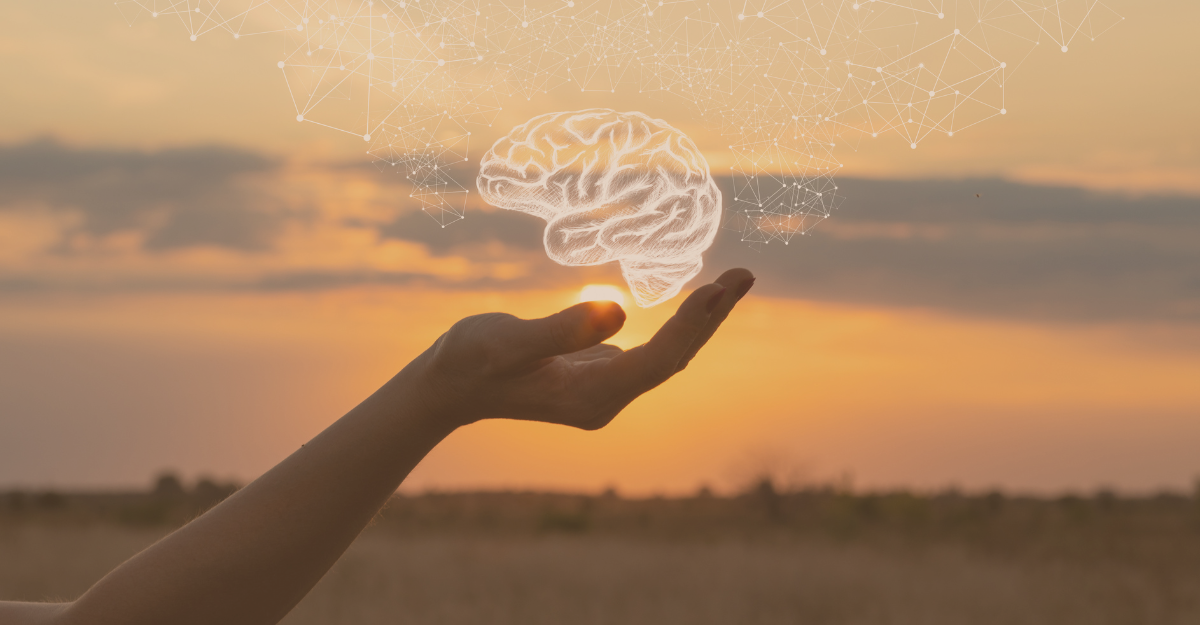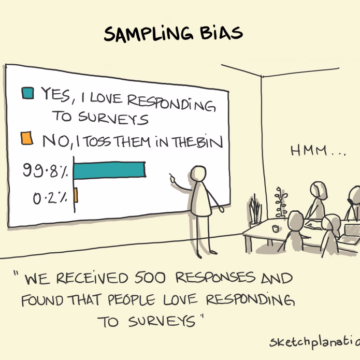
Psychological Trends
We live in a world with information and stimulation overload, which causes most people to seek a simple way of interpreting events and feelings. While this is effective for the short term, the risk is we’ll process all data with cognitive biases.
A cognitive bias is a systematic error in thinking that results from our brains trying to simplify information through familiar patterns or “rules of thumb.”
There are many types of cognitive biases, but two of the most familiar are confirmation bias (seeking evidence that confirms your existing beliefs) and sampling bias (collecting samples in an unequal way, which leads to faulty conclusions).

Why This Matters
Cognitive biases lead us to generate false conclusions, so it’s important to understand what these biases are and how they work. Our behaviour is naturally governed by these mental shortcuts, but we must take care not to allow our distorted internal biases to influence our actions, and ultimately our results.
For example, if we believe we are not good at fundraising, or no one has money to donate, and we allow our cognitive biases to convince us we’re correct, how will this affect our approach to fundraising?
Once we’re aware of our go-to cognitive biases, we’re better equipped to replace those shortcuts with more productive ones that lead to balanced decision making.
Next Step
Click to see illustrations of how cognitive biases work in the world and consider if you have any that you may need to reconsider.